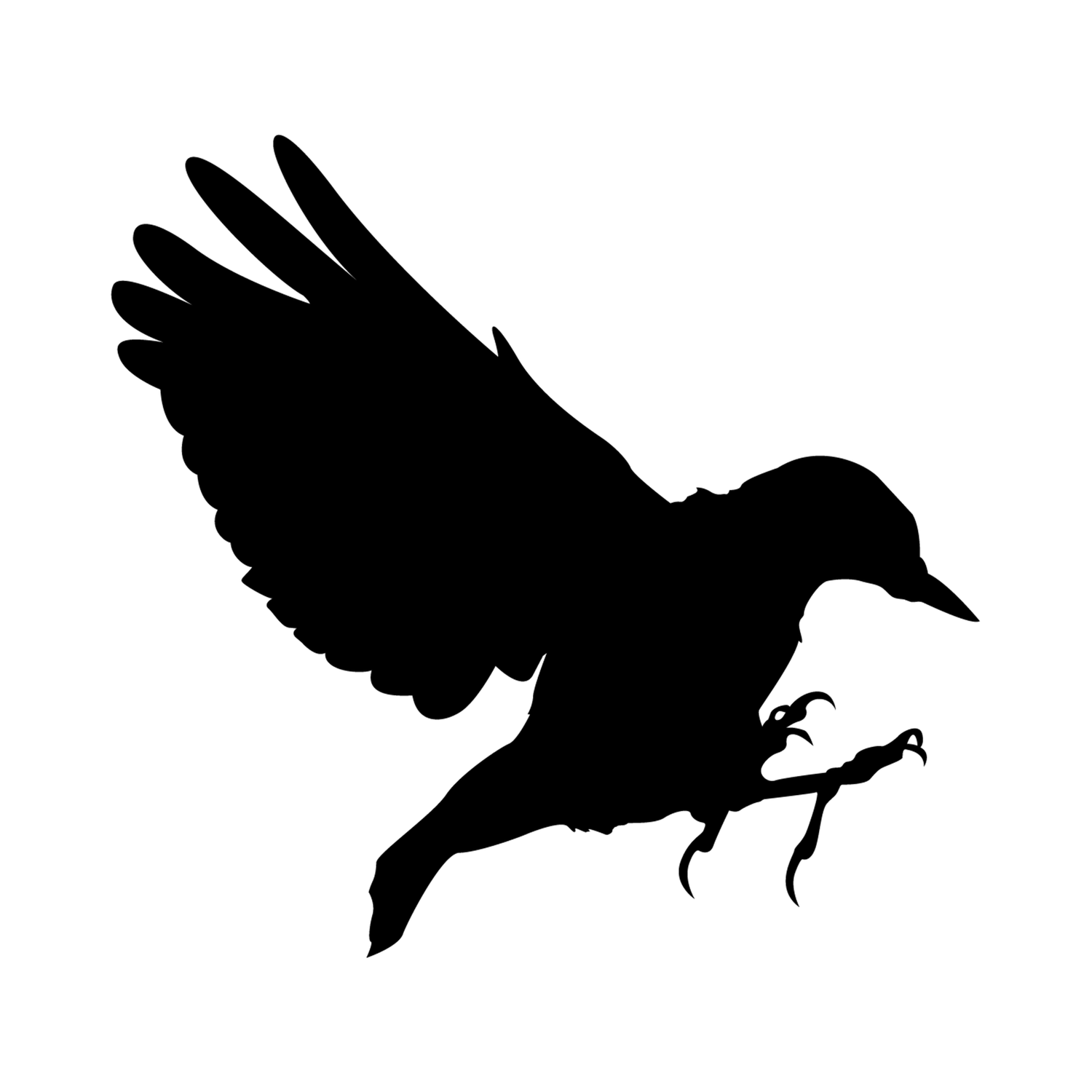“I really like your _________ What ________ Do you Use?”
I get these questions a lot and I’ll share what I use below, but I want to give a few caveats.
My Philosophy About Gear:
Gear doesn’t matter as much as you think. In a lot of ways knowing how to use your gear well will matter more than what gear you have. Just because you buy the gear I (or any other content producer) has doesn’t mean you’ll get the same result. You could buy better equipment than I have and end up with something that sounds or looks worse, and you could get cheaper stuff and potentially make something that looks better. It all depends on how well you use it.
Most people starting out don’t have the skill to fully utilize the gear they already own, and so I think focusing on developing skills is key. Once you learn how to compose an image, shape light, work with sound, those skills will apply to any gear you use. At a certain point, you’ll have enough skill that the gear you use will become more important, and once you reach that skill level you’ll have enough knowledge to make judgments about the quality of gear and what you need for yourself.
So here’s my advice, take whatever budget you have for equipment, and reduce it by some percentage (could be 10%, could be 50%) and then spend that money on learning skills instead. Try to focus on high-quality courses from working professionals that will teach you a specific skill (books or courses on “filmmaking” or “video production” as a whole are usually way too broad to be useful unless you’re really just starting out).
I haven’t done all the courses, so I don’t know which ones are the best, but here are a few resources I recommend:
Learning Sound (Post Production and Recording): Alex Knickerbocker’s Channel (Incredible resource that’s free).
Cinematography: Hurlbut Academy (focuses on working on larger film sets, but when you learn to principles of working with light and composition, you can apply them to smaller sets and projects).
Narrative Editing: Walter Murch’s In The Blink of an Eye (one of the best books on editing and filmmaking in general).
Documentary Editing: Inside the Edit. (A bit pricier but very in-depth look at documentary-style editing. I did this course years ago and learned a lot).
Film Analysis And Criticism: Film Art: An Introduction. (A great introduction to the film industry, and the visual language of film. It’s a textbook so it’s expensive, but since you don’t need it for a class, you can buy a used copy of an older edition for cheap). If you want to go really deep into an academic perspective on what film criticism is, I recommend David Bordwell’s book Making Meaning.
Of course, to practice and develop skills you’ll still need some kind of gear, and so my overall advice is to buy whatever you can afford now, that you know you need. If all you can afford right now is a $150 camera or a $30 mic, buy that and start practicing- learn how to make the video or audio from that equipment as good as you can. You’ll get further that way than just sitting around and waiting until you can afford the exact thing you want or think you need to make something.
Okay, but what _____ do you use?
One last caveat. This list is simply what I currently use to make my videos. It isn’t what I think is the best gear for every situation. What works for me might not be the best for your situation.
Sound:
I record voiceover directly into Premiere Pro through a USB audio interface using a dynamic microphone. For post-processing, I use iZotope RX 7.
Microphone: I was given an Ethos mic by Earthworks, before this I used a Rode PodMic
USB Audio Interface: Behringer UM2
Post: iZotope RX 7
Headphones: Currently Beyerdynamic DT 770 Pro (Previously Samson SR850)
Video:
I record 4K video from my Panasonic G7 into OBS, through an HDMI capture card.
Cameras: Sony Fx3 (mostly used outside of YouTube but I shoot some stuff for the channel with it as well) and Panasonic G7
Capture Card: Elgato Cam Link 4K
Recording Software: OBS
Lighting: Neewer Bi-Color Light Panel + softbox
Software:
Research and Note-taking: Notion
Script Writing: Fade In
Editing: Premiere Pro
Other:
PC: Custom Built Windows PC, and Macbook Pro.
TV: BenQ 4K Projector, Sony OLED Bravia XR
*All Amazon links on this page are referral links, so buying through them will support my work.
